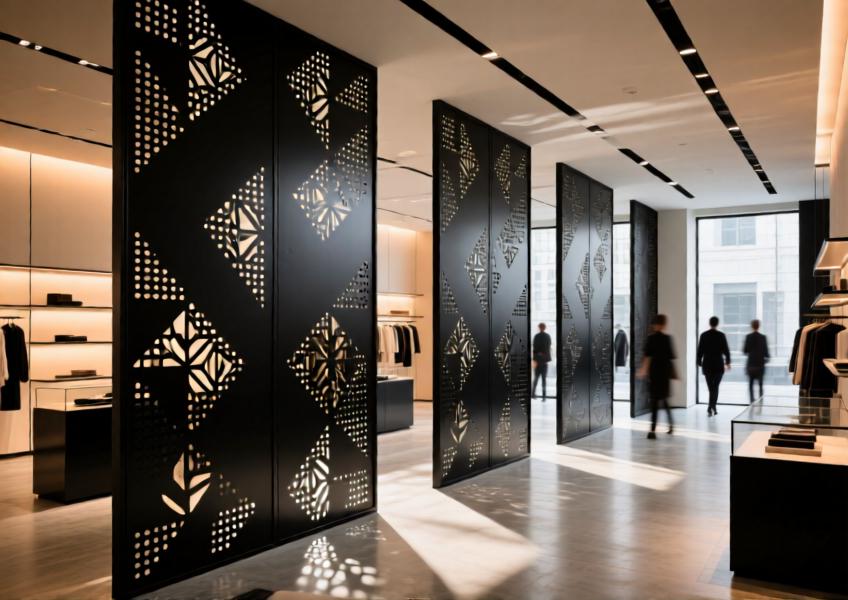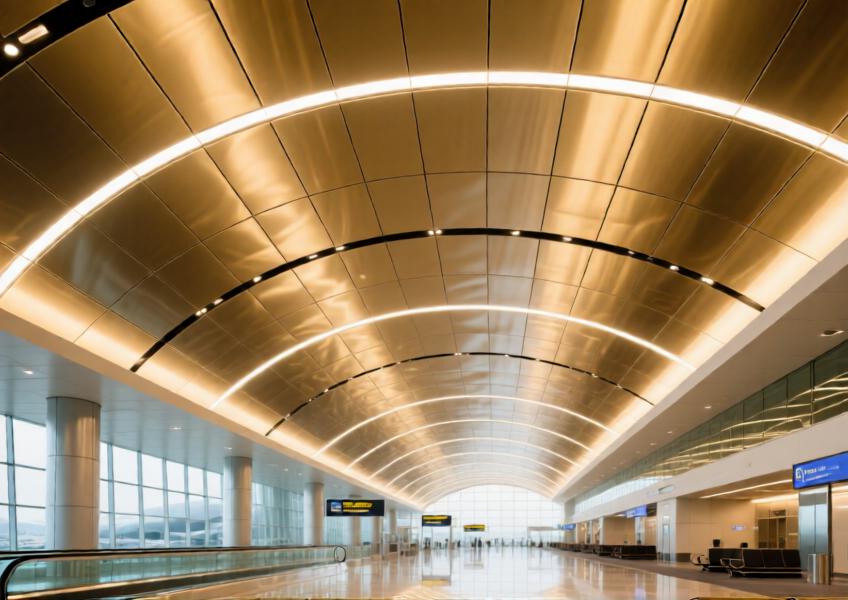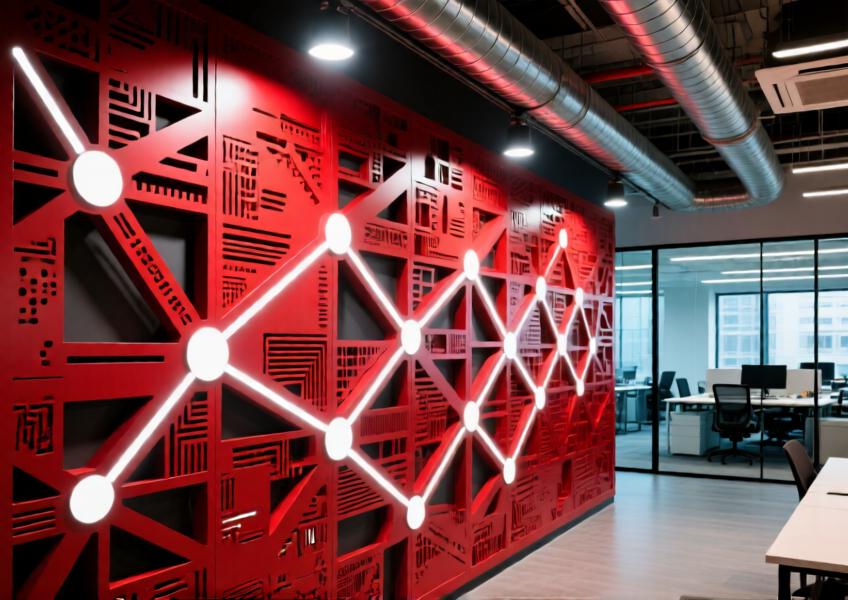

In the evolving landscape of interior commercial design, architectural wall panels interior have emerged as a cornerstone of modern aesthetics and functionality. Among the most innovative solutions are aluminum curtain walls, aluminum ceilings, and aluminum decorative materials, which are redefining spatial experiences in retail, hospitality, and corporate environments. These elements not only elevate visual appeal but also offer unmatched durability, flexibility, and sustainability.
Aluminum curtain walls, traditionally associated with exterior façades, are now being creatively adapted for interior applications. Their lightweight nature and structural integrity allow for seamless integration into open-plan spaces, where they serve as elegant dividers without compromising natural light flow. For instance, in a recent high-end boutique in Shanghai, designers utilized perforated aluminum panels to create semi-transparent partitions that subtly guide customer movement while maintaining a sense of openness.

Equally transformative is the rise of aluminum ceiling systems, which combine acoustic performance with aesthetic sophistication. In bustling environments like airports or restaurants, these ceilings can be engineered to absorb noise while presenting a sleek, continuous surface. A prominent example is the newly renovated terminal at Dubai International Airport, where custom-finished aluminum ceiling panels reflect ambient lighting to create a calming, expansive atmosphere.

Aluminum decorative materials further expand the design palette, offering textures, colors, and patterns that can be tailored to brand identities or thematic concepts. Whether used for feature walls, column covers, or intricate latticework, these materials provide a modern edge while resisting wear and tear. In a tech startup’s office in Berlin, laser-cut aluminum panels were employed to form a dynamic wall installation that symbolizes innovation and connectivity.

As the demand for sustainable materials grows, aluminum stands out due to its recyclability and low maintenance requirements. Its adaptability makes it ideal for creating architectural wall panels interior that are not only visually striking but also environmentally responsible. Designers and architects are increasingly recognizing that with aluminum, form and function no longer have to be compromised—one can achieve both with elegance and efficiency.